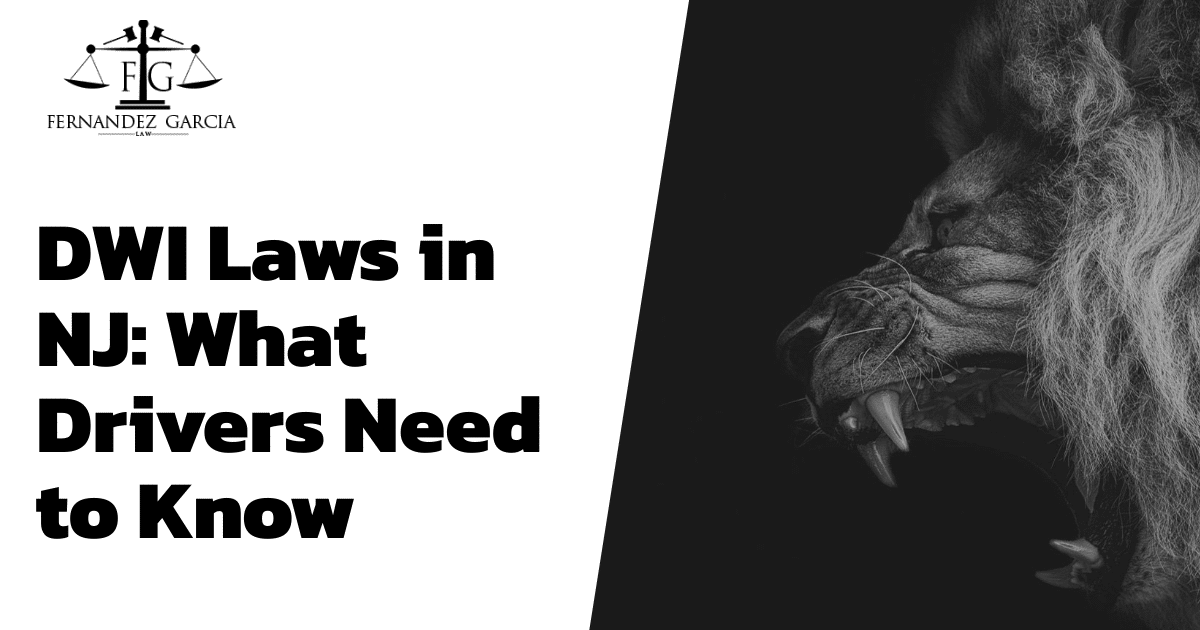
24 Feb DWI Laws in NJ: What Drivers Need to Know
Getting behind the wheel after consuming alcohol or under the influence of drugs can lead to serious consequences, and New Jersey is no exception. DWI, or driving while intoxicated, is a serious offense in New Jersey. There are specific laws that all drivers need to be aware of.
Understanding DWI Laws in New Jersey
DWI laws in New Jersey are strictly enforced and come with severe penalties. The penalties depend largely on the level of intoxication, the driver’s record and other factors related to the charge.
Blood Alcohol Concentration (BAC) Levels
In New Jersey, a BAC of 0.08% or higher while driving is considered a DWI. The limit is lower for drivers who are under 21 and commercial drivers.
Penalties for DWI in New Jersey
The penalties for a DWI depend on the driver’s BAC level at the time of arrest and how many times they have been convicted before.
First Offense
Penalties can include fines, license suspension, and even imprisonment.
Second Offense
A second conviction brings higher fines, longer license suspension, and mandatory community service or possibly jail time.
Third and Subsequent Offenses
The consequences become even more severe with each repeat offense, including hefty fines, loss of driving privileges for a long period, and mandatory jail time.
FAQs about DWI Laws in NJ
Q: What to do if pulled over for a DWI?
A: You have the right to remain silent, save for providing your identification. Refrain from making any statements about your consumption of alcohol or drugs. There are procedural defenses to a charge such as to the legality of the motor vehicle stop, any tests conducted, the testing process, and the reliability of the equipment utilized to conduct any testing.
Q: Can I refuse a breathalyzer test?
A: Despite the right to refuse a breathalyzer, doing so will result in penalties in New Jersey law and most likely being charged for refusal to permit the administration of a breathalyzer. The charging officer can also testify as to his/her observations that a motor vehicle operator was driving while impaired when someone refuses to submit to a breathalyzer. The penalties for refusal to submit to testing are similar to a DWI charge where testing was conducted.
Conclusion
Understanding DWI laws in New Jersey is crucial for all drivers. For example, if an officer finds you pulled over asleep in your car and intoxicated, you may face DWI charges even though you were not driving the vehicle at the time the officers arrive at the scene. New Jersey laws outline the BAC limits, potential penalties, and the legal process after an alleged offense. If facing a DWI charge, you should speak with an experienced attorney to understand your legal rights and options.

